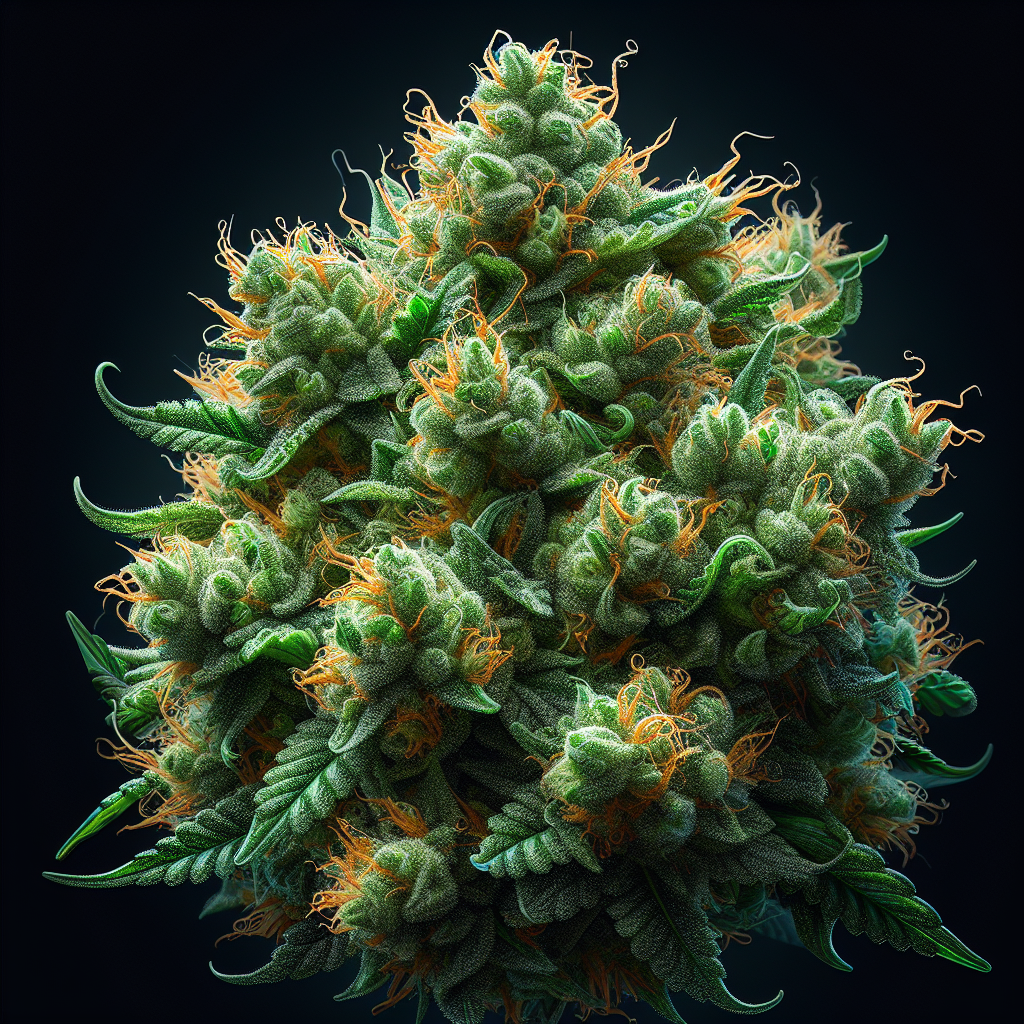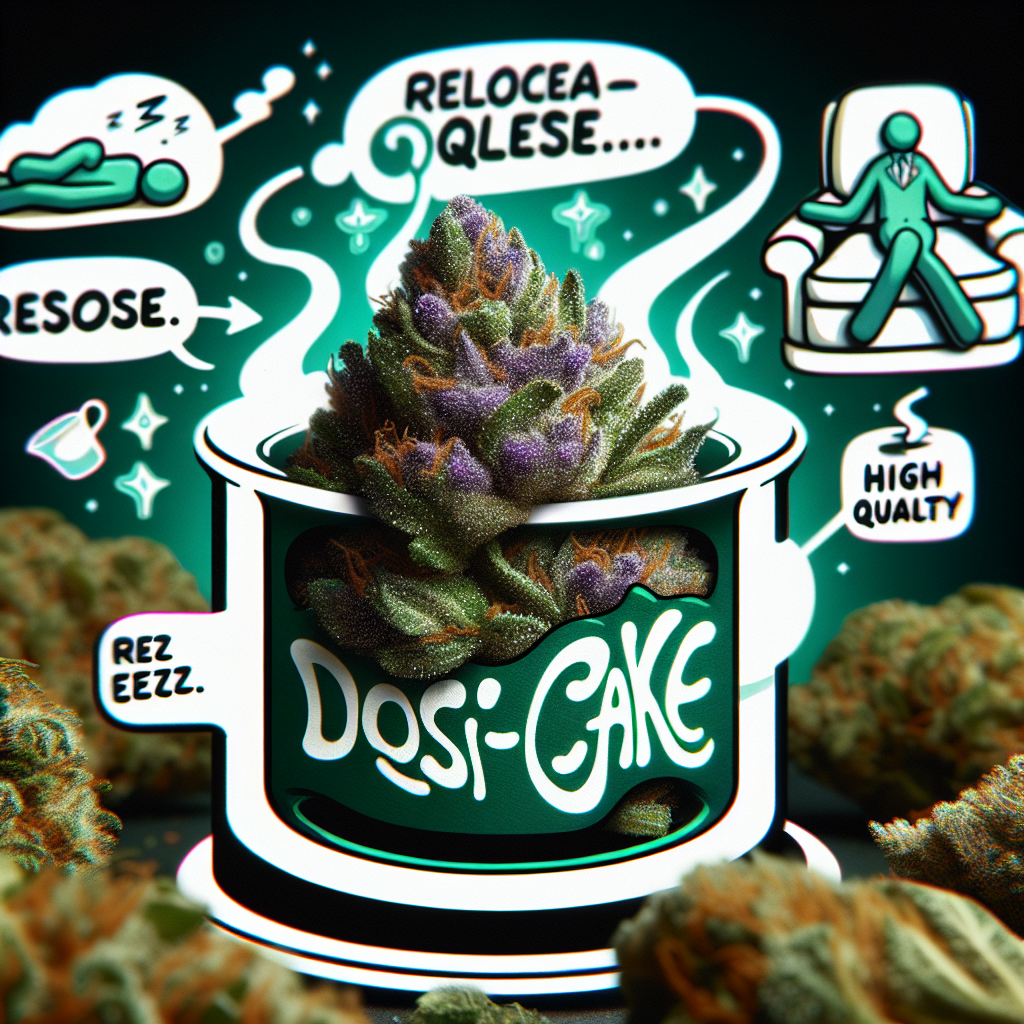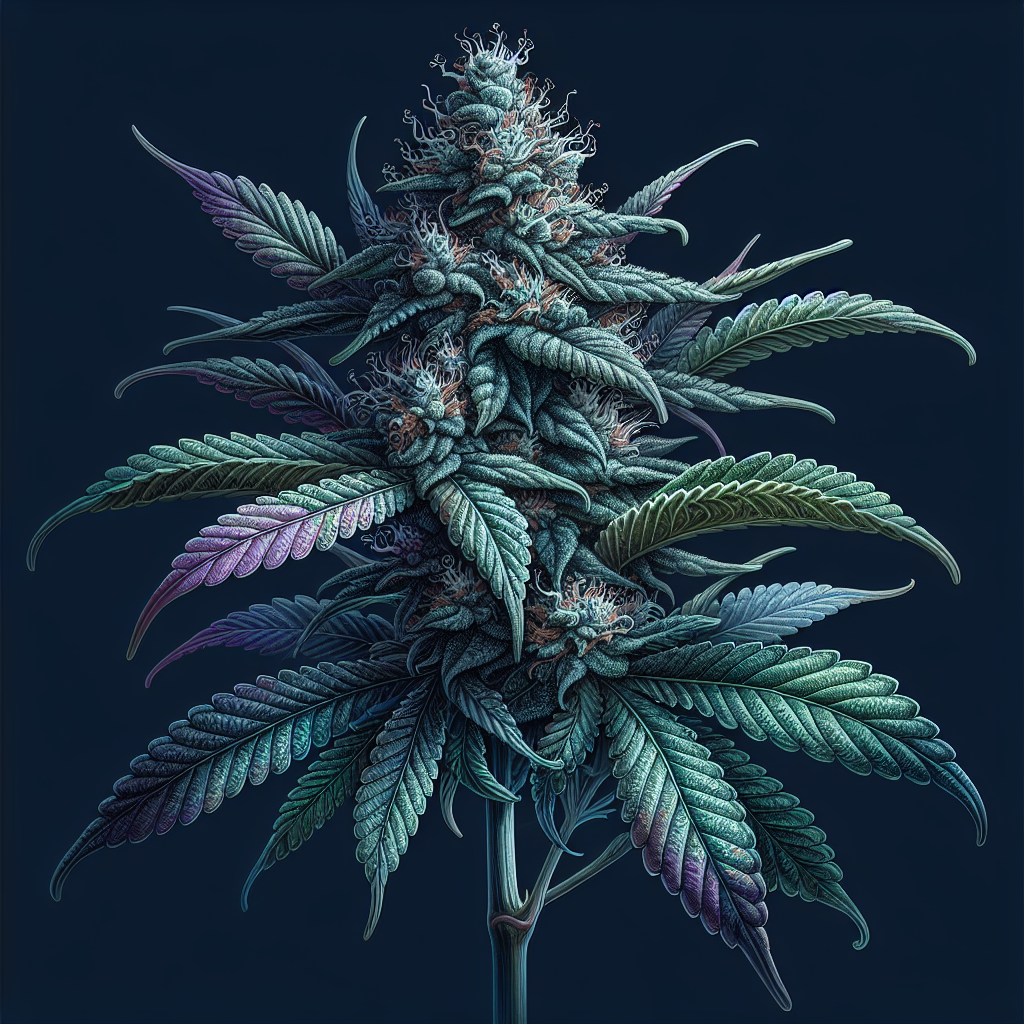Elevating Wellness: The Transformative Role of Cannabis in Modern Health Culture
In recent years, the landscape of health and wellness has undergone a seismic shift, with cannabis at the forefront of this transformation. Once stigmatized and largely misunderstood, cannabis has emerged from the shadows to become a cornerstone of modern health culture. The plant is now celebrated not only for its recreational benefits but also for its remarkable therapeutic potential. In this article, we will explore the multifaceted role of cannabis in enhancing wellness, how it has permeated various aspects of health culture, and the future of cannabis in our daily lives. We’ll also address some common questions in a FAQ roundup at the end.
1. The Historical Context of Cannabis in Health
Ancient Remedies: A Journey Through Time
Cannabis is one of the oldest cultivated crops in human history and has been used as a medicinal plant for thousands of years. Ancient Chinese texts document its use as early as 2737 BCE, where it was employed as an analgesic and anti-inflammatory agent. Similarly, the Ayurvedic texts from India heralded cannabis for its health benefits, particularly in the treatment of anxiety and digestive disorders.
The Shift in Perception
For much of the 20th century, cannabis was demonized in many parts of the world, especially in North America. However, with the resurgence of interest in natural remedies and holistic health practices, cannabis has been reevaluated for its therapeutic properties. Public perception has shifted dramatically since the early 2000s, as more people recognize the healing potential of this remarkable plant.
2. Understanding the Cannabis Plant: THC, CBD, and More
The Chemical Profile
Cannabis contains a plethora of compounds known as cannabinoids, the most notable of which are THC (tetrahydrocannabinol) and CBD (cannabidiol). THC is the psychoactive ingredient responsible for the "high," while CBD does not produce psychoactivity but boasts a myriad of potential health benefits. Other cannabinoids, such as CBG (cannabigerol) and CBN (cannabinol), are also being researched for their unique therapeutic properties.
The Entourage Effect
The cannabis plant is complex, and its constituents work synergistically to produce effects that are more profound than individual components could achieve alone. This phenomenon, known as the entourage effect, is a key reason why whole-plant extracts and full-spectrum products are gaining popularity. By using cannabis in its entirety, users can access its full therapeutic potential.
3. The Therapeutic Benefits of Cannabis
Pain Management
One of the most well-documented uses of cannabis is in pain management. Various studies indicate that cannabis can effectively alleviate chronic pain conditions, from neuropathic pain to arthritis. Many patients who do not find relief with conventional treatments are turning to cannabis as a viable alternative, often reporting improved quality of life.
Mental Health Support
Anxiety and depression are pervasive in modern society, affecting millions of people globally. Cannabis, particularly strains high in CBD, has gained attention for its anxiolytic and antidepressant effects. Through its interaction with the endocannabinoid system, cannabis can help regulate mood and improve well-being, making it a powerful tool in the mental health arsenal.
Enhancing Sleep Quality
With sleep disorders on the rise, many people are searching for natural solutions to improve their sleep quality. A growing body of research suggests that cannabis, particularly THC dominant strains, may aid in falling asleep faster and staying asleep longer. As a result, insomnia sufferers are increasingly considering cannabis as a sleep aid, providing a gentle alternative to pharmaceutical sedatives.
Supporting Wellness in Cancer Care
Cannabis has shown promise in palliative care, particularly for cancer patients experiencing side effects from conventional treatments like chemotherapy. It can help manage nausea, improve appetite, and alleviate pain, making it an invaluable ally for those undergoing cancer treatment. The emotional support cannabis provides can also significantly enhance the overall experience, allowing patients to cope more effectively with their diagnoses.
Targeting Neurodegenerative Disorders
Research into cannabis and its potential benefits for neurodegenerative disorders like Alzheimer’s and Parkinson’s disease is gaining momentum. Cannabinoids may help protect brain cells, reduce inflammation, and improve cognitive function. As our understanding of neuroscience evolves, cannabis may prove to be a revolutionary approach to neuroprotection and cognitive health.
4. Integrating Cannabis into Modern Health Culture
Cannabidiol (CBD) Revolution
The CBD boom is perhaps the most significant shift in modern health culture related to cannabis. With its legalization and widespread availability, CBD-infused products—from oils and tinctures to edibles and topicals—have become mainstream. The versatility of CBD products allows individuals to integrate cannabis wellness into their daily routines conveniently, and consumers are increasingly reporting positive outcomes.
The Rise of Cannabis Wellness Retreats
As people seek holistic approaches to health, cannabis wellness retreats are gaining traction. These retreats offer immersive experiences that combine relaxation, education, and the therapeutic application of cannabis. Participants can learn about responsible consumption, engage in mindful practices, and use cannabis as a tool for improved mental and physical health.
Integration in Fitness and Wellness Regimens
Fitness enthusiasts and wellness advocates are discovering the benefits of incorporating cannabis into their routines. From post-workout recovery to stress management, cannabis products are being used to support various aspects of physical fitness. Whether through topical applications for sore muscles or CBD tinctures for anxiety management, cannabis is carving a niche in the fitness world.
Cannabusinesses and Health
The emergence of cannabis-focused businesses and health products is changing the landscape of health culture. From organic hemp-based skincare to nutritional supplements, companies are innovating constantly to meet the demand for high-quality cannabis products. As consumers become more informed, they can make choices that align with their health goals and ethical values.
5. The Legal Landscape and Future of Cannabis
Continued Legalization Movements
Across the globe, the movement to legalize cannabis is steadily gaining momentum. As of 2023, a growing number of countries and states are adopting more progressive cannabis policies, recognizing its potential benefits for personal health and wellness. Legal access not only benefits consumers but also encourages further research and development in cannabis science.
Stigma Reduction and Education
As cannabis gains acceptance, education is paramount to dismantling the remaining stigma surrounding it. Increasing awareness of the plant’s health benefits equips consumers with the knowledge they need to make informed decisions. Public health campaigns and educational initiatives are essential for fostering an understanding of cannabis’ role in modern health culture.
The Ongoing Research Initiative
With more legalization comes the opportunity for comprehensive research on cannabis. As scientists delve deeper into its chemical properties and therapeutic potential, patients and consumers will benefit from more evidence-based treatment options. Integrating scientific findings into public health strategies and clinical practices will undoubtedly enhance our understanding of this versatile plant.
FAQ Roundup
1. Is cannabis legal?
The legality of cannabis varies by location. In some countries and regions, it is legal for both recreational and medical use, while others have restrictions or complete bans. Always check your local laws and regulations regarding cannabis.
2. How does cannabis interact with the body?
Cannabis interacts with the body through the endocannabinoid system, which plays a role in regulating various physiological processes, including pain, mood, appetite, and sleep. The cannabinoids in cannabis bind to specific receptors in this system, producing various effects.
3. Can I get high from CBD oil?
Unlike THC, CBD does not produce psychoactive effects, so you will not experience a "high" from pure CBD oil. However, CBD may offer various therapeutic benefits without the intoxicating effects associated with THC.
4. What are the potential side effects of cannabis?
While cannabis is generally considered safe for many people, potential side effects may include dry mouth, dizziness, altered mental state, and increased heart rate. It is essential to use cannabis responsibly and consult with a healthcare provider if you are concerned about interactions with medications.
5. How do I know which cannabis product is right for me?
Choosing the right cannabis product depends on your individual needs and health goals. It’s crucial to consider your desired effects, whether you’re looking for relief from pain, anxiety, or other conditions. Consulting with a knowledgeable dispensary staff member or healthcare provider can help you find a product that best suits your needs.
6. Can kids use CBD products?
While there is emerging research and anecdotal evidence of CBD’s benefits for certain pediatric conditions, including epilepsy, it’s crucial to consult with a healthcare professional before administering any cannabis-derived products to children.
7. Will cannabis show up on a drug test?
THC is the compound that typically shows up on drug tests, not CBD. If you are undergoing drug testing and are concerned, it is advisable to either avoid THC products entirely or discuss your cannabis use with an employer or testing authority.
8. What is the best way to consume cannabis?
The best way to consume cannabis varies by individual preference and desired effects. Options include smoking, vaporizing, edibles, tinctures, and topicals. Each method has different onset times, potency levels, and effects, so choose one that best aligns with your lifestyle and needs.
Conclusion
As we have explored, cannabis is playing an increasingly transformative role in modern health culture. With its impressive therapeutic potential and holistic contributions to well-being, this remarkable plant continues to elevate wellness around the globe. As stigma fades and education spreads, we can look forward to a future where cannabis is fully embraced in our health and wellness narratives—enhancing lives, healing bodies, and transforming the way we perceive our health and wellness. Moving forward, continued conversations surrounding cannabis are essential as we navigate this changing landscape, ensuring that we all reap the incredible rewards it has to offer.




